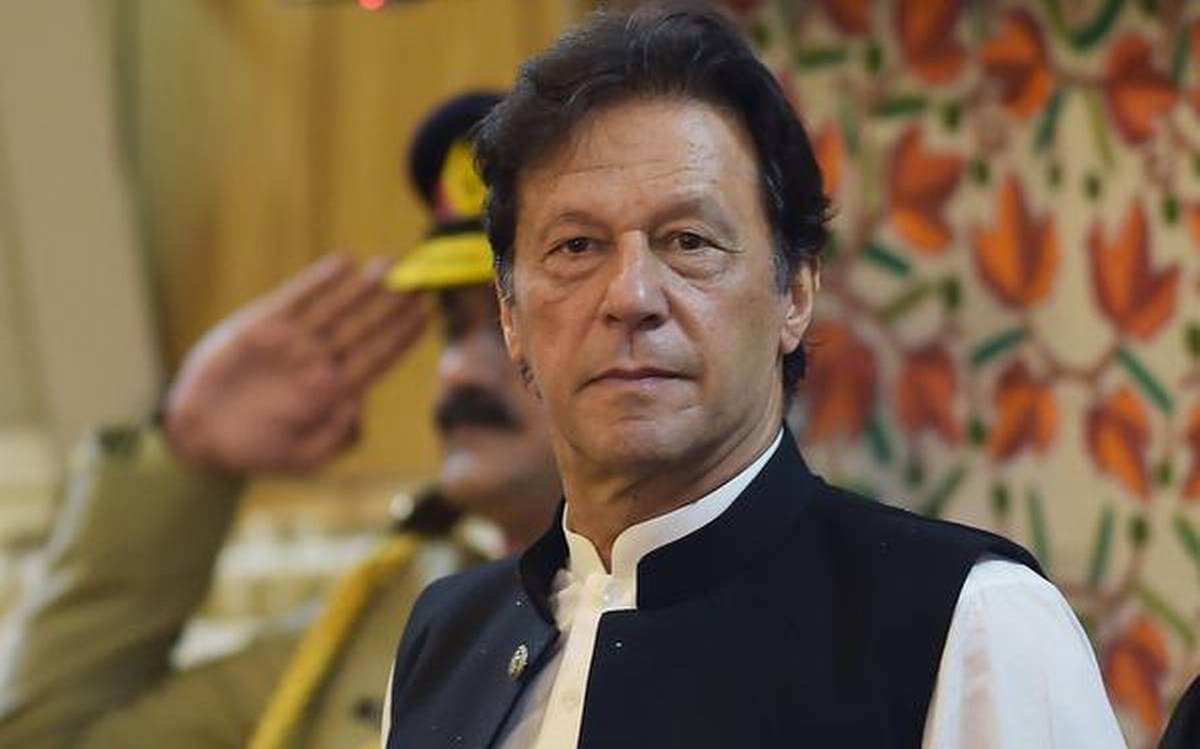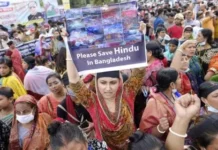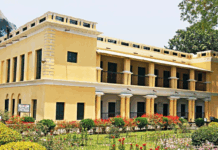NEW DELHI: Pakistan manages to nip secularism in the bud even before that endearing modern thought raises its head. The Islamic republic has done this successfully and escaped unscathed for decades as it swayed between sometimes-democratic and mostly-military governance.
In a tweet on Tuesday, Amnesty International South Asia pulled up Pakistan over its decision to stop the construction of a temple in Islamabad — the first temple for Hindus in Pakistan.
Amnesty said: “Everyone has a right to freedom of religion or belief, a right that is guaranteed in Pakistan’s constitution and its international obligations. Halting the construction of a Hindu temple in Islamabad is an unconscionable act of bigotry that must be reversed immediately.”
Amnesty was reinforcing a recurring Pakistani problem that the country and its government have to do more on securing rights for its minorities. Just a fortnight back, the Pakistan government had announced with much fanfare the construction of a temple for Islamabad’s Hindus. The Shri Krishna Mandir was allotted a plot, a ground breaking ceremony was organized and a boundary wall began coming up to secure the land. Prime Minister Imran Khan was himself involved in the process of approving the construction of the temple and releasing funds for it.
Within days, its walls were demolished, the Hindu organizations threatened against temple construction and the government was forced to stop work.
The reasons though are varied: a temple in Islamabad goes against the norms and teachings of Islam; a temple is against the Shariah; the temple violates the master plan; and lastly an Islamic country like Pakistan does not allow churches and temples.
The opposition to Islamabad’s first temple is unrelenting. It is not just the clerics; even lawyers are united in their hatred against the temple. Tanveer Akhtar, an advocate, filed a petition in the Islamabad High Court, saying: “The land allotted for the construction of the temple be withdrawn, along with the funds allocated for the project.” Another organization has said that the construction of a temple in Islamabad will violate the capital’s master plan.
Jamia Asharfia, an organization of Islamic religious leaders, has issued a fatwa against the temple and said that the construction of the temple is against the Shariah.
Yet other organizations have said that building a temple is against Pakistan’s ideology. Maulvis have pointed out that no temple or church can be built in a Muslim country and there are precedents to such a move.
Faced with the wrath of the faithful, the Imran Khan government has placed the matter before the Council of Islamic Ideology (CII), an organization that advises the government on religious matters. The government will also consult other religious organizations on the next steps.
Even as the government is in a huddle, Twitter is full of videos showing the desecration of the plot. That religious intolerance runs deep in the Pakistani society is evident. Videos show how the common people are breaking boundary walls while the clerics are issuing threats. No policemen or security guards are present to protect the land or the barely built structure.
This temple, dedicated to Lord Krishna, would have been the first in Islamabad for its handful of Hindus. It would have become a hub for the city’s Hindus for celebrating festivals like Diwali and Holi and catering to basic needs like cremation which do not exist in Pakistan’s capital city.
How this issue pans out will show whether Pakistan’s hypocrisy — advocating the rights of the minorities in other countries while oppressing them at home — moves public intellectuals across the world and whether they will gather the moral courage to stand up to the shenanigans of an Islamic nation.







